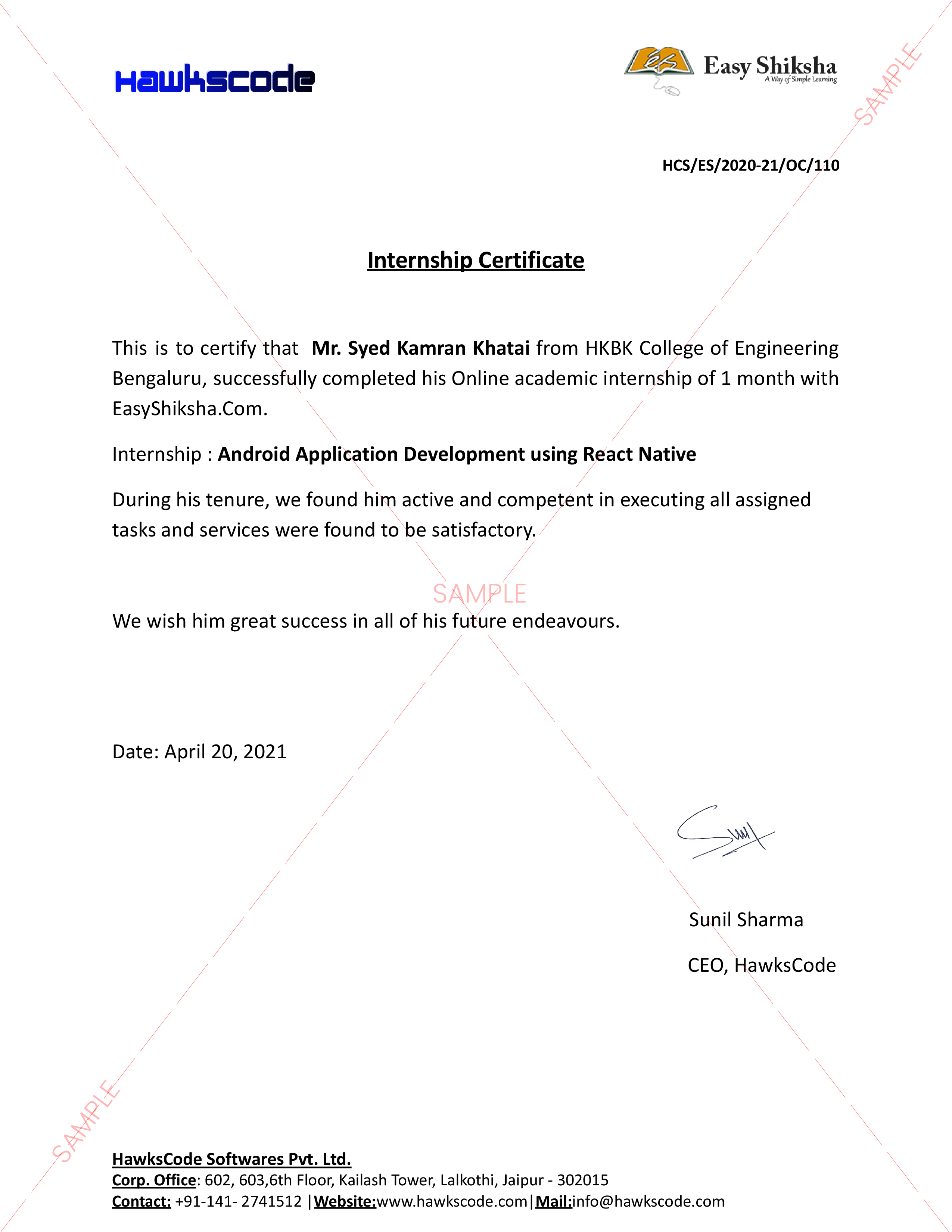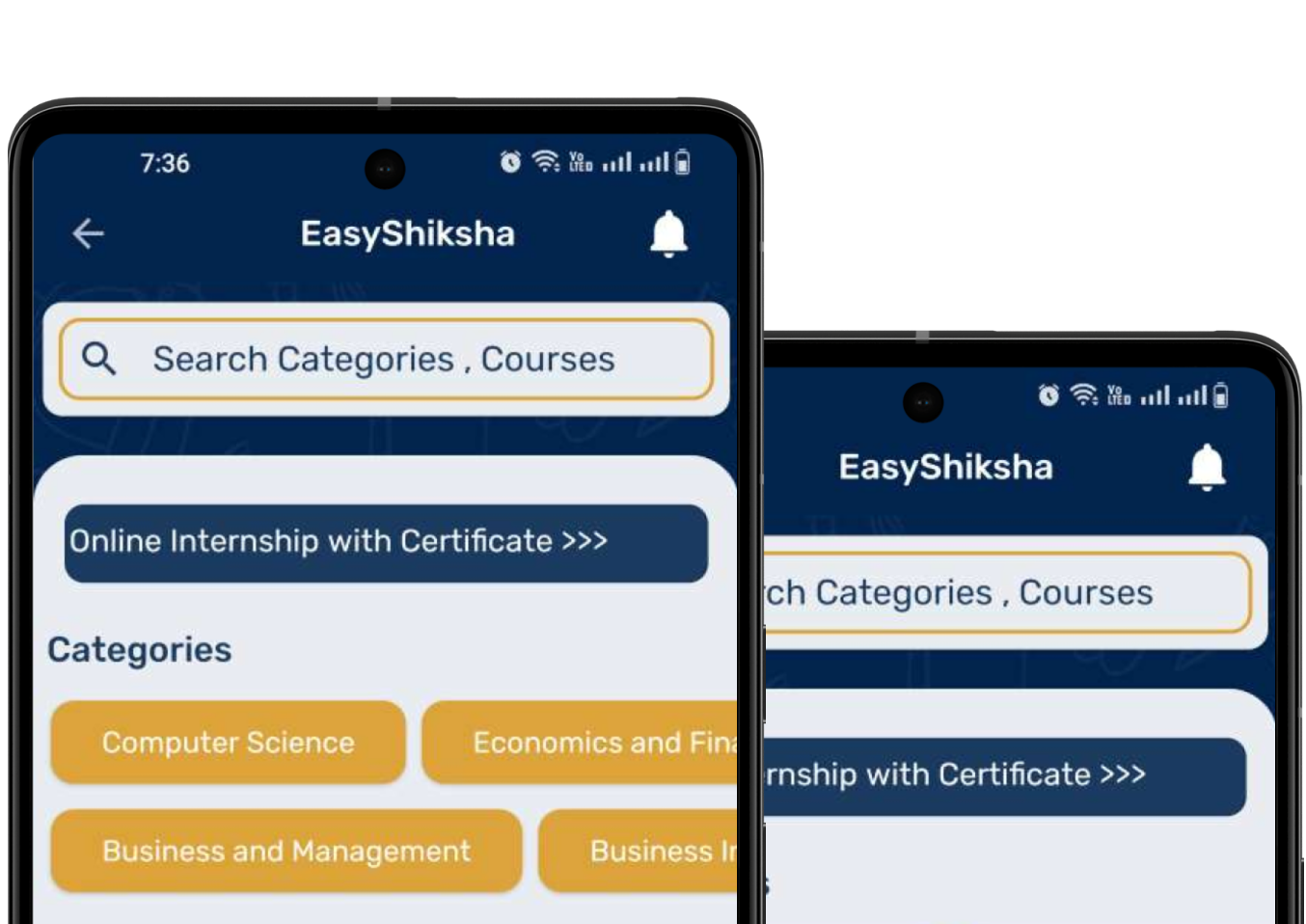Time is a finite resource. The effective utilization of this valued commodity is often a task! We scrutinize quotes that dwell on having only “24 hours” worth of time on our hands and this is frequently paired with complaints on how it is never enough. Well how do we make the best of what we have? A challenge indeed. Time management is an underrated skill. Being efficient, proactive and simply organized is the mantra to flourish. However, there are instances when time escapes our hands, and we are left scrambling to finish multiple tasks that eventually pile up.
Let’s explore a few strategies to maximise our time when at work or while studying:
- Planning and Scheduling
Who doesn’t love a good plan? A planned day aids goal management. It helps Scheduling daily tasks that prepare us for a balanced day of commitment and delivery. Utilising apps such as Google calendar or planners help detailed organization and time allotment which simply makes our life less cluttered.
- Practice the Checklist System to Manage the To-Dos
Keep a to-do list ready! T A checklist system will help you keep everything on track. While enabling opportunities to revisit your day and glance at all the successful tasks which builds a great sense of satisfaction, it also works as a tool of analysis in understanding effective commitment and work in a longer run. Whether it’s a number of pages to be read in an hour or that presentation that needs to be submitted, a to-do list will effectively channel your focus on the required tasks at hand while distributing time accordingly.
- Taking Breaks and Resting
That chat by the coffee-machine or just some petting time with your dog can do wonders for you in an extremely hectic work or study routine. Allowing your body and mind to rest between work helps prevent fatigue and burnout. These breaks often stimulate our mind and would possibly lead you to the “wow” factor of the day.
Don’t over do this though because by working for fixed periods before taking a break you are establishing a strong work rhythm.
- Focus on Single Tasks Instead of Multitasking
Focusing on a single activity at a time is more effective than multitasking over a never-ending list. Multitasking can occasionally lead to poor quality of work, which reflects badly on your efforts and proficiency. So sustain your focus on one-task at a time, it increases your confidence, quality of output, timeliness and sense of fulfillment before progressing to the next task at hand.
- Optimise Deadlines
Some tasks on the urgent and important task grid will have deadlines and we all are generally not a fan of being late on our deadlines! Time constraints often create an efficient system that focuses on completing the tasks without rushing or lowering the quality of the work. In fact, efficiency experts suggest that you give yourself deadlines where there are none, in order to identify key time wasters.
- Setting SMART Goals for Task Completion
Smart goals are Specific, Measurable goals that are Achievable, Realistically, in the Time allocated. No one should lose 10 kgs in 3 days so while the goal is specific and time bound, it is not achievable or even relevant. Plan your syllabus-to-complete or a skill-to-master and set SMART goals for the same.
- Managing Distractions and Disturbances
Distractions and interruptions are common occurrences and often restrict productivity. Minor distractions like our phone notifications, can have a major impact on performance and productivity. They lower focus and concentration, making it challenging to complete tasks and leave us stressed.
Identifying and eliminating your distractions can go a long way in improving and optimising time utilisation while reducing stress.
ALSO READ: Digital empowerment of MSMEs is vital for their growth and development
Benefits of Time Management
An effective time management plan will help increase productivity abundantly while providing cognitive benefits. This boosts and optimizes your efforts. Optimization of time at its core is designed to help utilize designated work or study hours to achieve more in terms of quality and quantity.
Having a system that helps arrange and organise work or studies will eventually keep anxiety and stress at bay. Time management is a skill that requires continuous practice to become a habit. Effective time management skills will improve mental and emotional health while helping us achieve a positive work-life balance.
(Ms Shraddha Naik, the author of this article is Counseling Psychologist and Student Admission Manager at University Connection)
visit EasyShiksha for skill development

































































